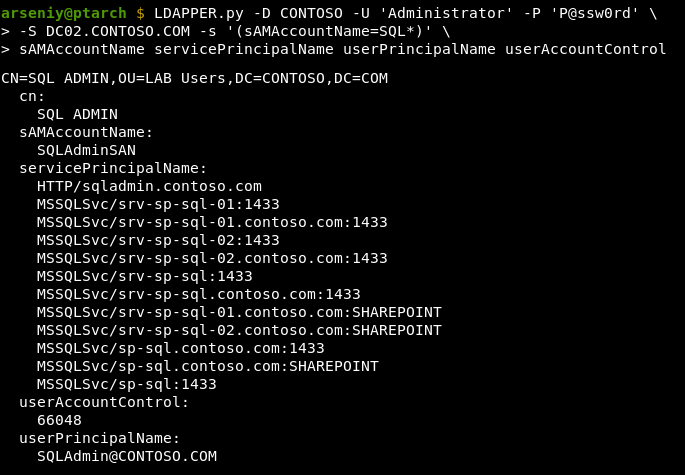One handy feature of our private Impacket (by @fortra) fork is that it can leverage native SSPI interaction for authentication purposes when operating from a legit domain context on a Windows machine.
As far as the partial implementation of Ntsecapi represents a minified version of Oliver Lyak’s (@ly4k_) sspi module used in his great Certipy project, I’d like to break down its core features and showcase how easily it can be integrated into known Python tooling.
Given the Bring Your Own Interpreter (BYOI) concept, the combination of Impacket usage and SSPI capabilities can allow attackers to fly under the radar of endpoint security mechanisms as well as custom network detection rules more easily. We will discuss this in more detail further in the article.
Continue reading